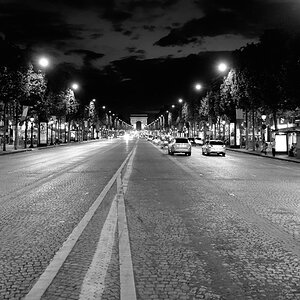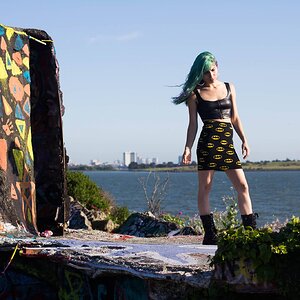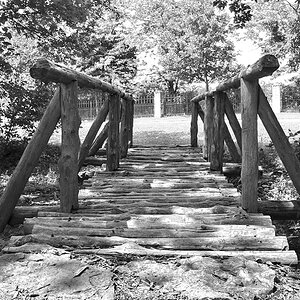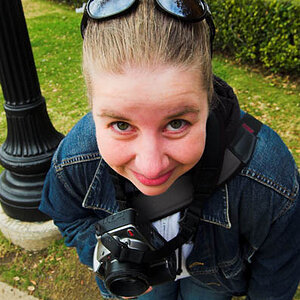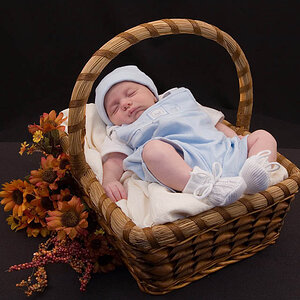mara_ce
TPF Noob!
- Joined
- Nov 30, 2014
- Messages
- 17
- Reaction score
- 1
- Can others edit my Photos
- Photos NOT OK to edit
Hello,
I have a Nikon D7100 with which I am (slowly) learning SLR photography. Hopelessness aside, I really want a less conspicuous and more portable camera for street photography and some of my travelling.
I have been looking at the images generated by a lot of Sony Cameras on Flickr - Dx100 series, a5000 and 6000, and the seemingly gazillion dollar full frames like the a7 and RX1. Only the picture quality generated by the full frames seems terribly impressive.
When I googled 'digital point and shoot with largest sensor', the Ricoh GR appeared along with the Sony full frames in the search results. Why does this camera not get more love??? Is it the fixed lens? Because the images are STUNNING for a point and shoot IMO. At $500, it would cost more than my DSLR so I'm wondering if anyone here has hands on experience with this camera and can provide insight? Would this be a good buy? Any comparable point and shoots at the same price point out there? I know the Canon Powershot is a favorite but the images quality does not compare IMO.
TIA!
I have a Nikon D7100 with which I am (slowly) learning SLR photography. Hopelessness aside, I really want a less conspicuous and more portable camera for street photography and some of my travelling.
I have been looking at the images generated by a lot of Sony Cameras on Flickr - Dx100 series, a5000 and 6000, and the seemingly gazillion dollar full frames like the a7 and RX1. Only the picture quality generated by the full frames seems terribly impressive.
When I googled 'digital point and shoot with largest sensor', the Ricoh GR appeared along with the Sony full frames in the search results. Why does this camera not get more love??? Is it the fixed lens? Because the images are STUNNING for a point and shoot IMO. At $500, it would cost more than my DSLR so I'm wondering if anyone here has hands on experience with this camera and can provide insight? Would this be a good buy? Any comparable point and shoots at the same price point out there? I know the Canon Powershot is a favorite but the images quality does not compare IMO.
TIA!


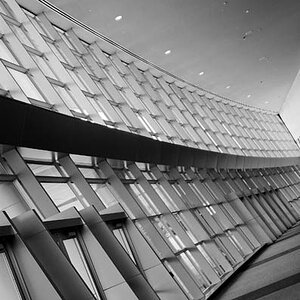
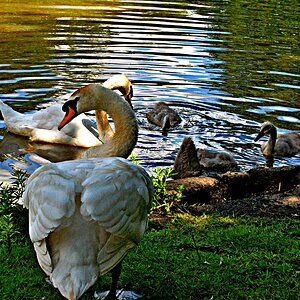
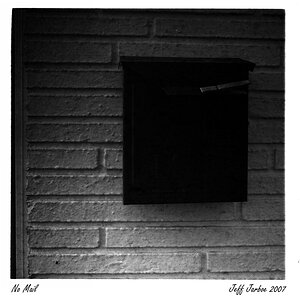
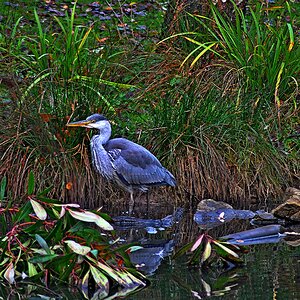
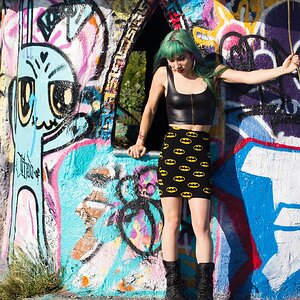
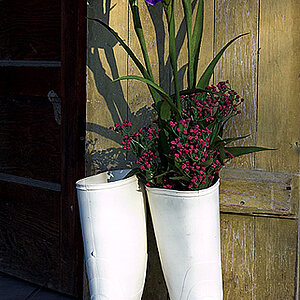
![[No title]](/data/xfmg/thumbnail/37/37605-90c8efaef5b7d1f52d4bf8e7dfd33673.jpg?1619738148)
